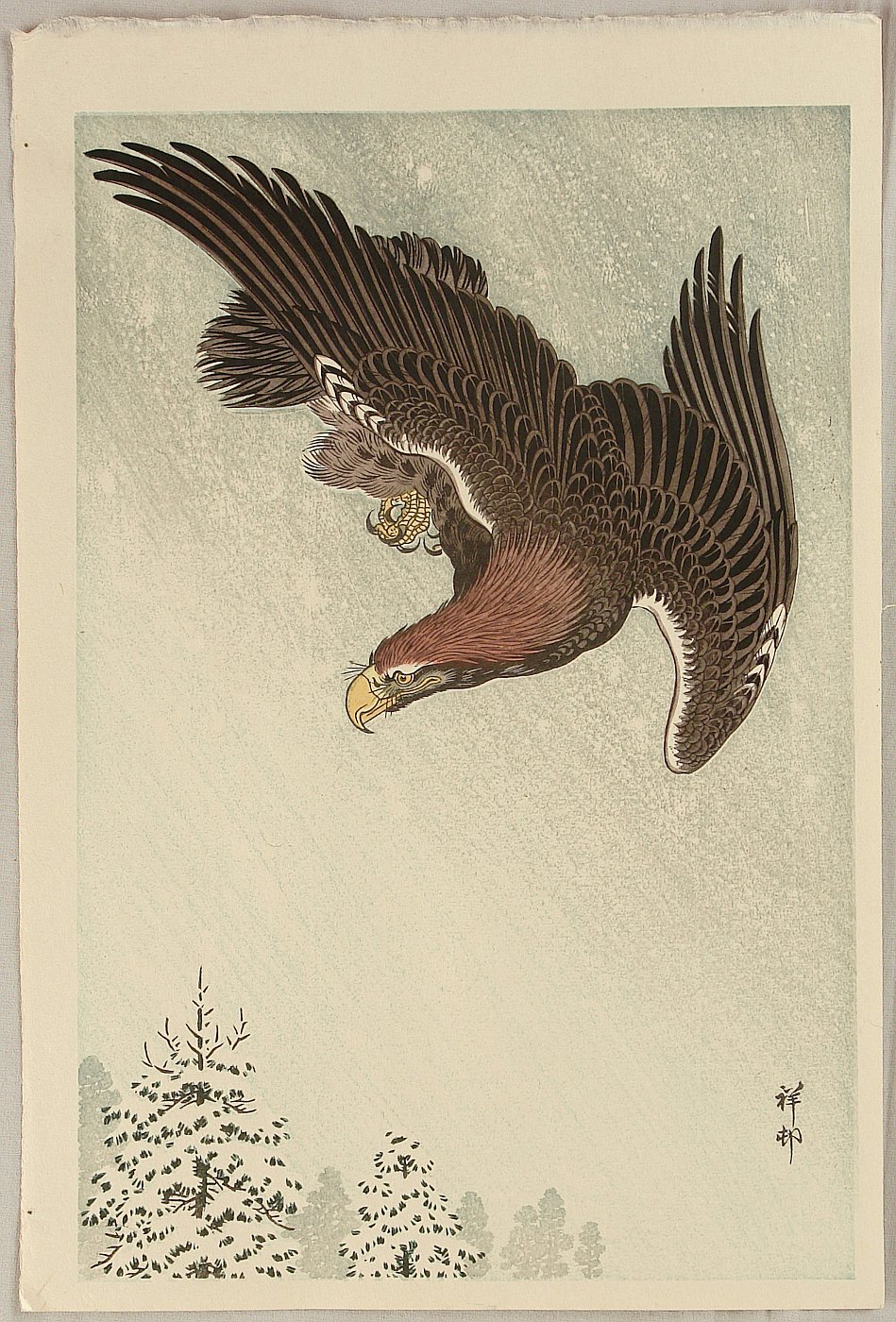Spring Pools
These pools that, though in forests, still reflect
The total sky almost without defect,
And like the flowers beside them, chill and shiver,
Will like the flowers beside them soon be gone,
And yet not out by any brook or river,
But up by roots to bring dark foliage on.
The trees that have it in their pent-up buds
To darken nature and be summer woods--
Let them think twice before they use their powers
To blot out and drink up and sweep away
These flowery waters and these watery flowers
From snow that melted only recently.
--Robert Frost --
Another of Frost's enigmatic poems. Those summer woods, celebrated by other poets and writers, are portrayed somewhat differently here for they "darken nature." Even more ominous is Frost's warning to those trees with "their pent-up buds."
"Let them think twice before they use their powers
To blot out and drink up and sweep away
These flowery waters and these watery flowers
From snow that melted only recently."
What is dangerous about that snow that melted only recently"? Or, is it something other than that melted snow?
As usual, his poem is characterized by a straightforward, almost conversational sentence structure and simple, everyday words, and yet he manages to hint at something behind all this deceptive simplicity.
Now that I've finished my brief ramblings, go back and read the poem again. That's what's important--the poem..
